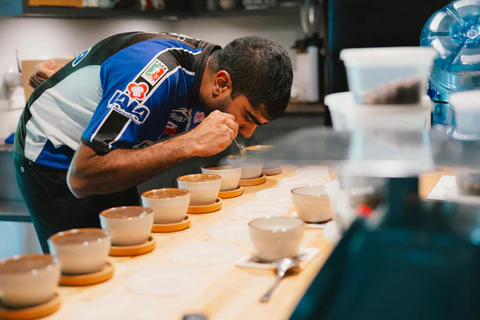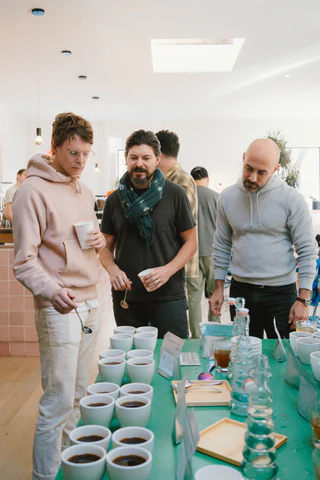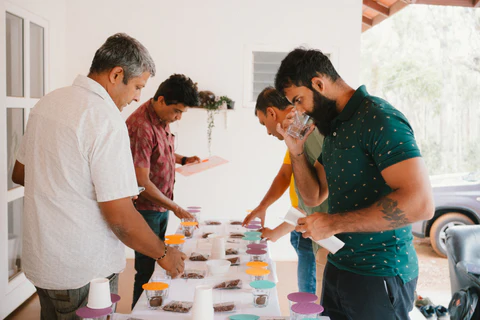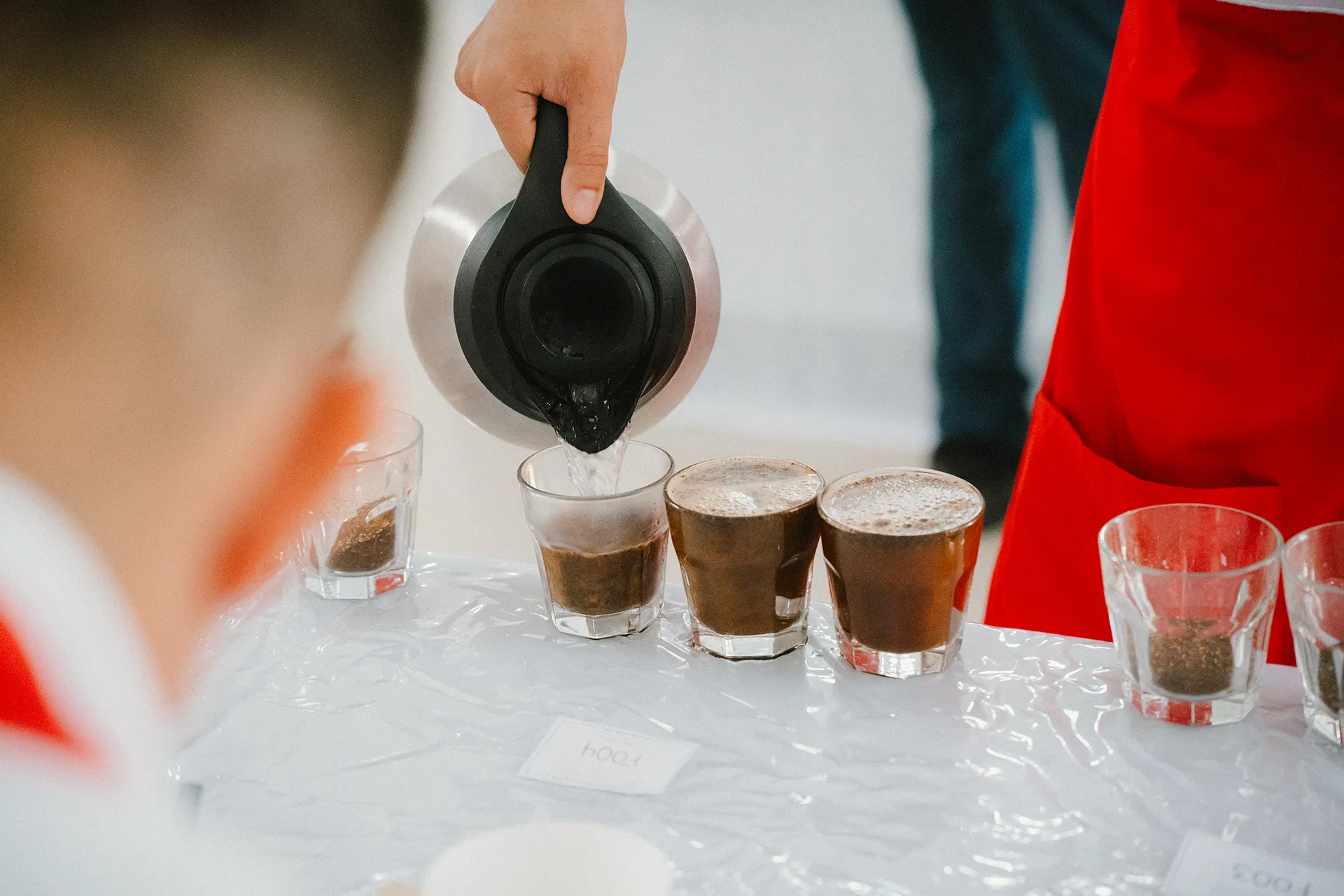The specialty coffee movement is built on the premise that quality is the culmination of the countries, microclimates, cultivars, and producers involved in its creation. This uniqueness is typically conveyed through cupping scores and quality feedback—essential tools that enable producers to replicate what roasters desire. But what happens when this vital feedback is sparse or incomplete?
Unfortunately, the current state of feedback between coffee roasters and producers is far from ideal, creating a troubling disparity that affects the entire coffee supply chain. Roasters (intentionally or unintentionally) hold key information producers need to succeed in the specialty coffee sector. While there has been a push for transparency in terms of pricing and sourcing practices, one aspect that remains underexplored for coffee producers is quality feedback provided on coffee samples as a form of transparency for them.
The Feedback Shortfall
Despite its importance, meaningful feedback in the coffee industry is infrequent, and when it does occur, it often lacks the specificity necessary for producers to understand what roasters are seeking. I would venture to say that roasters typically offer substantive feedback only about 10% of the time, and responses often amount to little more than, “I liked it” or “I didn’t.” This vague communication leaves producers in the dark, struggling to grasp the nuances of what buyers actually want.

Even when feedback includes cupping notes and scores, the picture can remain frustratingly opaque. Sociologist Kenneth Liberman’s book on Tasting Coffee: An Inquiry into Objectivity explores this very issue in how each industry actor describes coffee. He found that simply knowing that a coffee tastes “earthy” does little to inform producers about what that term signifies to that particular roaster. Many producers, often small-scale farmers, are left to predict ever-shifting market trends and preferences with little guidance from those who ultimately decide what they wish to purchase.
In the absence of direct feedback, producers must rely on auxiliary sources instead of the very people who have the information: local networks, government programs, trade organizations, social media and coffee competitions—each potentially influenced by competing agendas—to piece together what roasters might find desirable. Meanwhile, roasters enjoy access to a wide variety of coffee from numerous sources, often focusing solely on more immediate needs without really ever needing to dig deep into their supply chains to ensure security of the coffees they want.
The Imagination Deficit
The disparity in information is ultimately an issue of the imagination. Producers, lacking direct insight into buyers’ preferences, are forced to undertake the majority of the interpretive labor, imagining what roasters want. It places them in a position of gambling the future, making decisions that will affect their crops for the next 5 to 15 years. With limited and often outdated information, producers risk inefficiencies, wasted resources, and considerable frustration.

Conversely, roasters seldom have to imagine how their decisions will impact producers. The abundance of coffee options available in the Global North means that many can easily find what they want without delving into the intricacies of supply chain dynamics. This environment leads to a feedback loop that is not only broken but skewed, with roasters often communicating in a binary manner—pass or fail—leaving producers to guess what might resonate.
Bridging the Gap
Transparent information is a necessary step for the success of everyone in the supply chain that must encompass quality feedback from every actor. Producers need more than general comments—they require detailed and constructive feedback that clarifies what each roaster desires and what they wish to avoid. This includes specific insights of how roasters interpret flavor profiles, processing methods, and other critical aspects of the coffee.
Transparency in the form of feedback would facilitate a more efficient flow of information in both directions significantly improving the alignment between supply and demand. It would effectively eliminate much of the guesswork producers currently experience as inherent in the system. Closing the feedback gap isn’t merely about improving communication; it’s about ensuring that both roasters and producers can thrive.

For Osito, it is our responsibility as an importer and in some cases an exporter, to make sure that quality feedback gets back to producers. That starts with roasters telling us what they think, but if importers do not share information, some of the blame lies with us. We do share feedback with producer, especially where roasters are purchasing from the same farms on a multi-year, relational basis. However, we are excited to be pursuing some new ideas to ensure that we are fulfilling our role in the supply chain and not being gatekeepers.
For producers, clear and actionable feedback translates into better-informed decisions and more effective resource use. For roasters, it means a more consistent supply of high-quality coffee that meets their specific needs. Embracing transparency in the form of open communication is essential for the future of coffee production, particularly for the producers who form the backbone of this vital industry. By fostering a culture of detailed feedback, we shorten the gap between coffee producers and the rest of the industry while creating opportunities for a stable supply of coffees the specialty coffee sector wants.
– Kosta Kallivrousis
